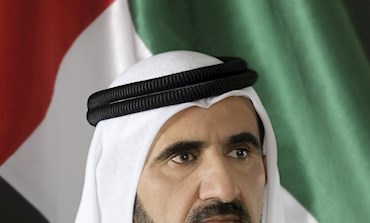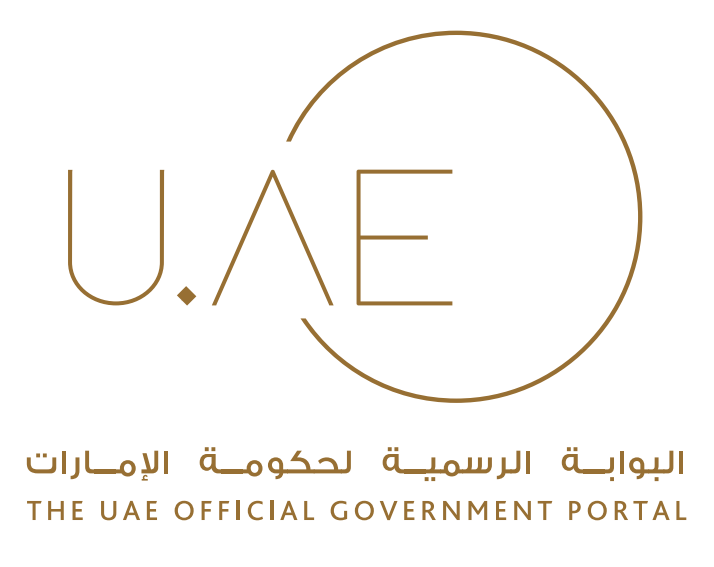HE Saeed Mohammed Al Tayer, MD and CEO of Dubai Electricity and Water Authority (DEWA), announced that DEWA has attracted investments of around AED 40 billion using the Independent Power and Water Producer (IPWP) model, which it uses in a number of its key power projects. Al Tayer made these remarks during his keynote speech at the Dubai International Public Private Partnership Conference (DIPPP), organised by the Department of Finance in Dubai under the patronage of HH Sheikh Hamdan bin Mohammed bin Rashid Al Maktoum, Crown Prince of Dubai and Chairman of the Executive Council of Dubai. DEWA is the strategic partner of DIPPP.
In his speech, in the presence of HE Abdulla Al Basti, Secretary General of the Executive Council of Dubai, HE Abdulrahman Saleh Al Saleh, Director General of the Department of Finance in Dubai, and a number of officials from the government and private sectors, Al Tayer talked about the importance of partnerships for the UAE, which last month, launched ‘Projects of the 50’ to enhance cooperation between the public and private sectors and provide promising investment opportunities.
“The UAE’s wise leadership attaches great importance to achieving a balance between economic development and protecting the environment to achieve sustainable development, which renewable and clean energy is one of its main pillars. The public private partnerships (PPP) are critically important in meeting the challenge of sustainable development. The Dubai Clean Energy Strategy 2050 aims to provide 75% of Dubai's total power capacity from clean energy sources by 2050. The strategy consists of five main pillars. The infrastructure pillar includes pioneering initiatives such as the Mohammed bin Rashid Al Maktoum Solar Park, which is the largest single-site solar park in the world with a planned capacity of 5,000 MW by 2030 using the Independent Power Producer (IPP) model. DEWA has attracted investments of around AED 40 billion through this model, which enhances the partnership between the public and private sectors. In line with the UAE’s commitment to promote green financing, and as part of the third pillar of the Dubai Clean Energy Strategy 2050, the Dubai Green Fund was launched to provide innovative financing solutions to green projects. We are exploring new and innovative financing mechanisms to encourage and enhance spending on sustainable infrastructure,” said Al Tayer.
“The Eight Principles of Dubai, launched by His Highness Sheikh Mohammed bin Rashid Al Maktoum, Vice President and Prime Minister of the UAE and Ruler of Dubai, state that "Dubai’s growth is driven by three factors: a credible, resilient and excellent government; an active, fair and open private sector; and public and government-owned flagship companies that compete globally and move the economy locally," added Al Tayer.
Al Tayer highlighted the Independent Power and Water Producer model, which DEWA developed and adopted for public-private partnerships. This is in line with its unremitting efforts to consolidate sustainability as an essential part of our vision and to include it as a key component of our business strategy.
The model’s key features are the implementation of the directives of the wise leadership, adopting a successful partnership model on sound commercial foundations, full alignment with best international practices through benchmarks, and in line with the special requirements of the Emirate and the partnership subject, and adopting good governance of the model by creating the appropriate legislative framework and regulatory environment. In rolling out the model, it is necessary to have a coherent PPP policy, strong enabling institutions, strategy, goals, initiatives, performance indicators, specific targets, a clear legal framework, cooperative risk sharing and effective implementation plans. The responsibility should be assigned to an independent unit that oversees the effective implementation of the model with the competent authorities.
“When DEWA started the first phase of the solar park (13 MW project), one of the main challenges was the high cost. We developed a comprehensive plan that fulfilled all our requirements, and developed a pioneering model of public-private partnership for electricity and water production in Dubai (Independent Power & Water Producer IPWP model), which aims to enable winning partnership, attract investments, embed sustainability, and transfer knowledge and emerging modern technologies in accordance with international best practices. This supports effective partnership between the public and private sectors instead of direct contracting according to the traditional model. Thanks to the IPP model, DEWA achieved many world records in the lowest solar energy prices (Levelised Cost of Energy), making Dubai a global benchmark for solar power prices. After DEWA’s success in the independent power producer projects in the Mohammed bin Rashid Al Maktoum Solar Park, we launched a 120 million gallons per day seawater desalination project using reverse osmosis to desalinate sea water using clean energy based on the Independent Water Producer model (IWP). DEWA has achieved a new world’s breaking record for the lowest water levelised cost of 0.277 USD per cubic metre for this project,” added Al Tayer.
Al Tayer explained the key success factors of the IPWP model that DEWA uses. These include: effective implementation of good governance to ensure transparency, accountability and the rule of law to enhance investor confidence; develop an attractive regulatory, supervisory and legislative environment; launching joint projects after conducting technical, economic, financial and other feasibility studies, and seeking the assistance of specialised international houses of expertise when necessary; adopting the principle of achieving fair gains for both parties of the partnership; studying the risks and challenges and develop the necessary solutions in advance; involving the private sector with a percentage that ensures that the government has control of the projects while giving adequate assurance to the investors; awarding long-term partnership contracts according to the partnership area, which contributes to the sustainability of the partnership and getting globally competitive prices; following up on the implementation of the roadmap and operational plans by the top management of the government organisation to ensure implementing the projects within the timelines, budgets and quality, and to ensure full implementation of the partnership clauses; managing partnership projects in government agencies with a new work culture and thought that is in line with this model, which differs in many aspects from traditional project management; and localising knowledge and developing national capacities to keep pace with modern technologies necessary to sustain successful partnerships.
“In light of the ambitious vision and the comprehensive development of Dubai, which translates into major projects and promising opportunities, especially in energy, water, and the environment, cooperation and integration between the public and private sectors has become a foundation to achieve the Emirate’s ambitions and consolidate its position as an advanced model that provides a favourable climate and a highly supportive environment for investments for economic growth and sustainable devellopment. I take this opportunity to thank our partners and commend their efforts in implementing projects according to the highest standards of quality and efficiency, hoping that our partnership will continue to benefit all parties, so that together, we contribute to Dubai’s development in all areas, and to making the UAE the world’s leading nation by its centennial in 2071,” concluded Al Tayer.









 For an optimal experience please
For an optimal experience please